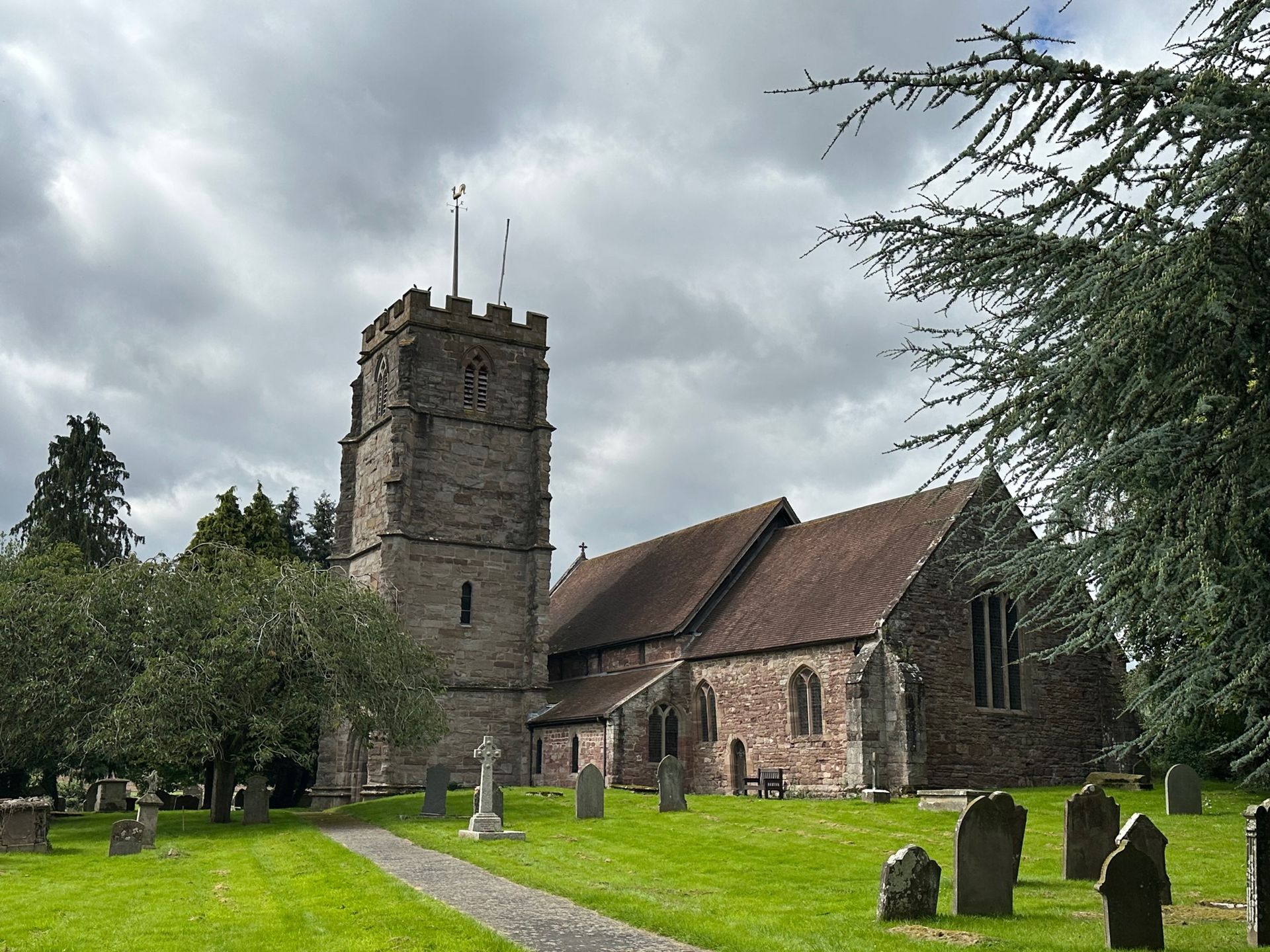Message of Abbot Paul - Thursday 10th August 2023
Abbot Paul • August 9, 2023

Message from Fr Paul for Thursday, 10th August 2023
August 10th is the feast of St Lawrence, martyred in Rome on this day in the year 258 when he was just 32 years’ old. Ordained a deacon by Pope St Sixtus II, he was made first among the seven deacons serving the Church of Rome. Sixtus was Greek, while Lawrence was from Valencia. The Pope and his other six deacons were put to death by the Emperor Valerian on 7th August, as they had been discovered celebrating Mass in the catacombs of St Calixtus the previous day. Lawrence’s task as a deacon was to collect and distribute alms for the poor. When the Emperor ordered him to hand over the wealth of the Church, Lawrence pointed to the poor and said, “Behold, in these you will find the riches of the Church.” Like the Pope and his fellow deacons, he was probably beheaded, but a possible misreading of the Acts of his death led to the popular tradition of his being grilled slowly to death on a gridiron. All frescos and paintings show us rather graphic versions of his death. One thing is certain, that among the early martyrs of the Church, he became a great favourite, with many churches dedicated to his honour. Together with Saints Peter and Paul, he is the patron saint of Rome. Can you count the number of medieval churches dedicated to St Lawrence in your area? There are at least six in Herefordshire and, in Ludlow, the magnificent parish church. The nearest to Belmont is the parish church of Preston on Wye. Yesterday, the vigil of his feast, I visited the church of St Lawrence at Canon Pyon, an interesting, if cold church, in a beautiful setting.
Our short Gospel passage for the feast comes from John (Jn 12: 24-26). Jesus is speaking with his disciples, where he says, “I tell you, most solemnly, unless a wheat grain falls on the ground and dies, it remains only a single grain; but if it dies, it yields a rich harvest.” He is, of course, speaking about himself and preparing them for his passion and death. He compares himself to a wheat grain, which, buried in the earth, has to die to what it was in order to live a new life as what it will become. So it is with Jesus; so it is with each one of us. The rich harvest is the Church and within the Church, which is the Body of Christ, the martyrs have a special place as they have followed Christ even to the shedding of their blood. How far would I be prepared to go? A difficult question that, but one that at times we have to answer.
Jesus continues, “Anyone who loves his life loses it; anyone who hates his life in this world will keep it for the eternal life. If a man serves me, he must follow me, wherever I am, my servant will be there too. If anyone serves me, my Father will honour him.” This is a recurring theme in the teaching of Jesus: dying to self in order to live for him in God. This doesn’t necessarily mean a physical or a painful martyr’s death, but dying daily to ourselves and our self-centredness so as to live for others, thereby following the example of Jesus. John’s language always has several layers of meaning, so you have to dig beneath the surface of what he writes. Learning to do that with John helps us to understand the other Gospels better. We can only serve the Lord by following him and being with him wherever he wants us to be. This means going through the gateway of death into the garden of everlasting life, where the Father will honour us as we have honoured him in Christ with the Spirit’s help in this life. Let us pray today for the grace to bear witness to Christ by the quality and integrity of our lives, as we seek to follow him every day.










